Frequently asked questions. Nieuwsuur over luierrecycling - Uitzending gemist. With the latest generation SAPs, any damaged SAP being returned into the core former can reduce product performance significantly. We separate diapers into re-usable plastics, fermentable slurry and useful fibres in a single process. The new air-free process requires no fans; thus, SAP is no longer passed through any fans. What is the time frame? Absorbent granules, called Super Absorber Polymer SAP are broken down in the slurry and in the subsequent fermentation and water purification processes. What happens to the refined diaper slurry? The products biogas, biomass and plastics are created from the diapers. This hydrolysed diaper slurry is then fermented together with the purification sludge in the sludge fermentation installation at the neighbouring treatment plant in Nijmegen.
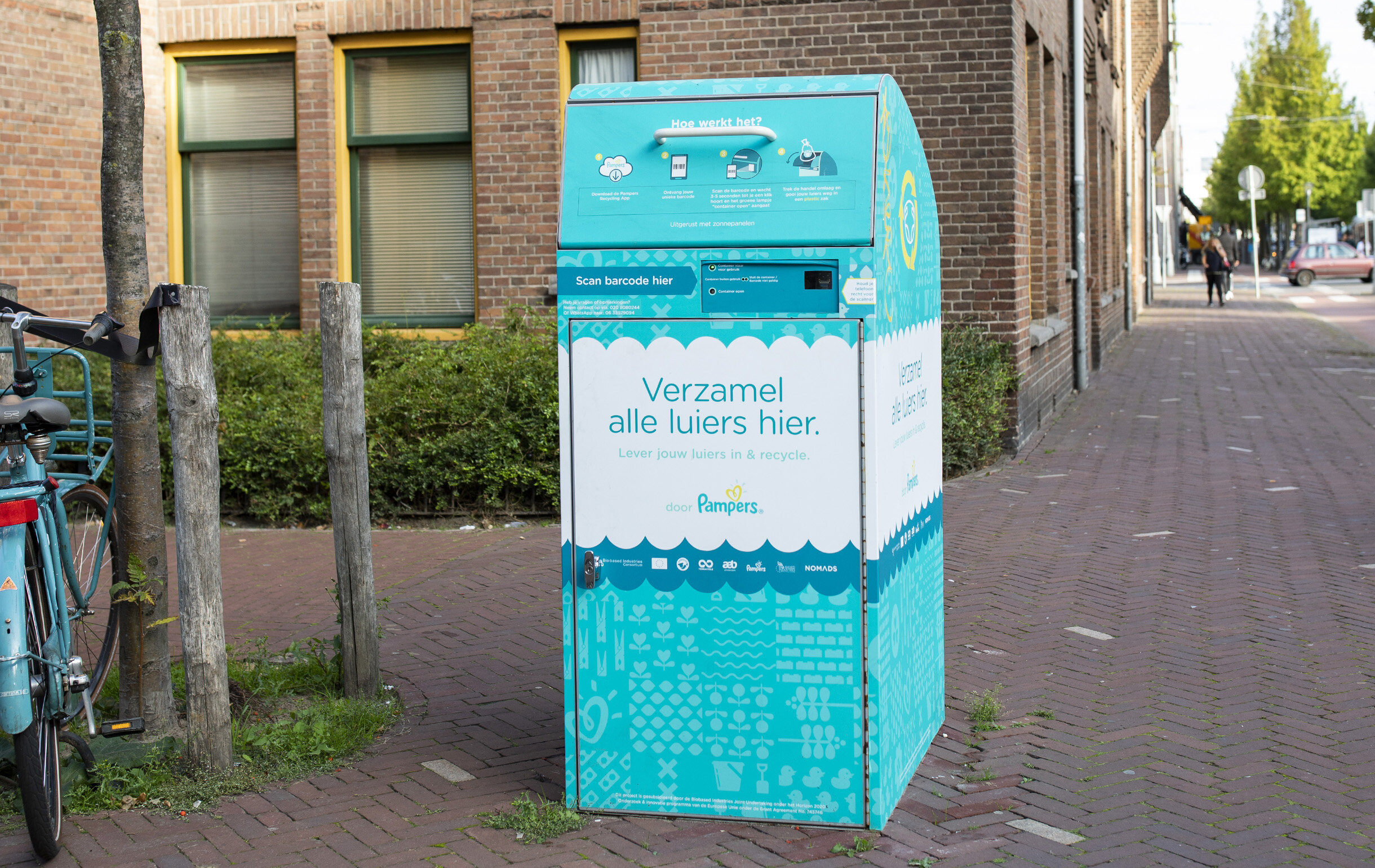
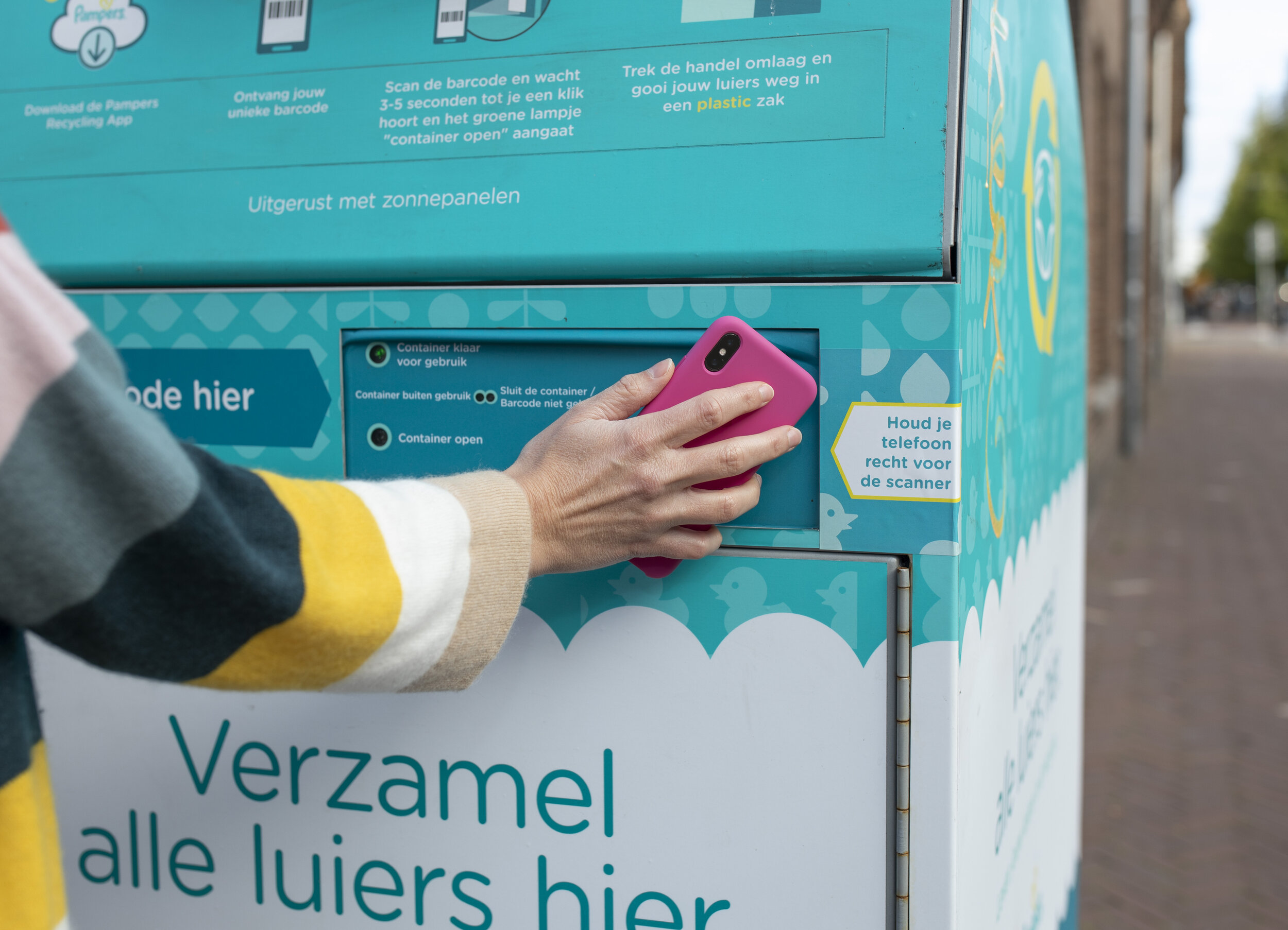
Rivierenland Water Authority provides it with purification sludge after it has been fermented. From the diapers we produce biogas, bio granulate, artificial fertilizer and plastics. Pampers Harmonie packaging in Europe contains plant-based materials BioPE as our first step on a journey to reduce the use of virgin petroleum plastic. By utilizing specifically designed unit operations to gently remove the SAP, our technology allows you to recycle SAP without impacting your product performance. A first in waste land: an installation for diaper recycling in the Netherlands will start this year. So when you throw away your wipes, help protect the planet: put them in the bin, not down the toilet! Can ARN B. Game-changing innovation that will cause the hygiene sector to re-evaluate the whole diaper recycling process. By being able to handle those components, our technology is future proof.
SAP BLENDING
The parties involved expect a return on investment over the longer term. We are also integrating post-industrial recycled plastic waste in our Premium and Baby-Dry packaging across Europe. Elsinga has tested their technology with those compounds and has proven that PLA transforms back to its liquid form: lactic acid. Municipalities that charge differential rates for waste are especially eager to recycle more than , tonnes of diaper waste. Publications Contact. Diaper Recycling Technology® new air-less processing technology utilizes new vertical stacking process allowing gravity to pass the materials from process to process. Only used baby diapers. Simply plug multiple modules together to boost capacity. The refined slurry is transported by lorry and eventually by pipeline, after upscaling to the Rivierenland Water Authority for fermentation. All rights reserved. Our inline recycling technology is fully enclosed thus eliminating all contamination risks related to human activities that can impact your operation such as earplugs, chewing gum, food, etc. But now, waste energy plant ARN B. To that end, ARN B. High-purity separation combined with low energy use and a small footprint make this a must-have technology for companies where sustainability and cost management are key business focus areas. Zero external contamination risks Our inline recycling technology is fully enclosed thus eliminating all contamination risks related to human activities that can impact your operation such as earplugs, chewing gum, food, etc.
Sustainability | Pampers
- What does the technology entail?
- Absorption granules SAP are broken down in the TDH reactor and settle in the fermenter and the water purification plant as magnesium salts.
- Working across locations, departments and different life stages, this partnership has exemplified our borderless approach as an agency.
- Client Testimonials The most advanced recycling system I have ever seen.
- This process results in a simple and efficient use of energy, without wasteful heat exchangers pampers recycling the next full-scale reactors will be constructed in phases after the 1st reactor completes testing.
Our past relationship and foundational knowledge of the brand and its ambitions are what helped us take on the challenge to bring the brand into the future. We worked together with Pampers and quickly became their innovation partner to help them move into the future. Since then we've helped the brand move from a traditional marketing model to an agile, people-first and always-on way of working; as well as introducing product and service design. Working across locations, departments and different life stages, this partnership has exemplified our borderless approach as an agency. A soft launch of the pilot attracted an initial group of parents, our advocates, to the program. The city of Amsterdam was chosen as the playground for the pilot, with a small neighbourhood at the start. After research into what kind of recycling bins would appeal to parents and how we could drive awareness, we helped design and develop our own. Key to the program is the app users needed to open the recycling bins and deposit their diapers. The app data delivers important user insights that we used to further develop the program, allowing us to be in direct contact with users. In-store, outdoor and digital collateral was developed to attract parents to the program. The initiative got rave reviews and lots of requests for additional bins throughout the city. It was covered by most major media outlets in the Netherlands. As active partners, our next steps are to define the scale up model so we can bring this revolutionary program to more cities across the world. Slide 1 Slide 1 current slide.
Convert pampers recycling factory waste into cash whilst protecting the planet earth, pampers recycling. Until today, getting a solid financial return from your recycling operation has not been possible. Low-energy automated pulp sheet formers for accurate bed-pad mill refeed, pampers recycling. Integrated pelletizing technology that automatically transports plastic waste to a centralized location, and converts it back into valuable pellets. Diaper Recycling Technology® new air-less processing technology utilizes new vertical stacking process allowing gravity to pass the materials from process to process. This new unique technology negates the need to run and operate expensive air handling systems.
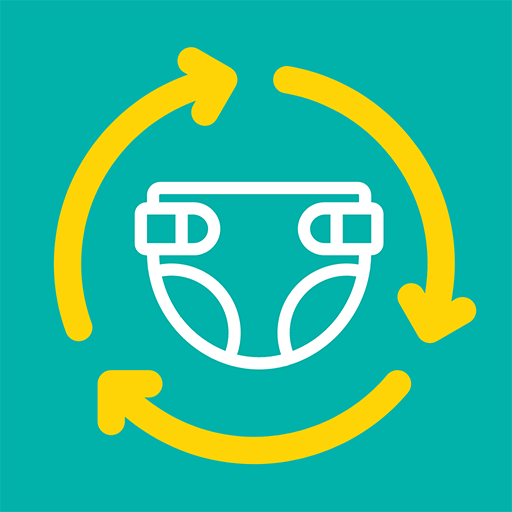

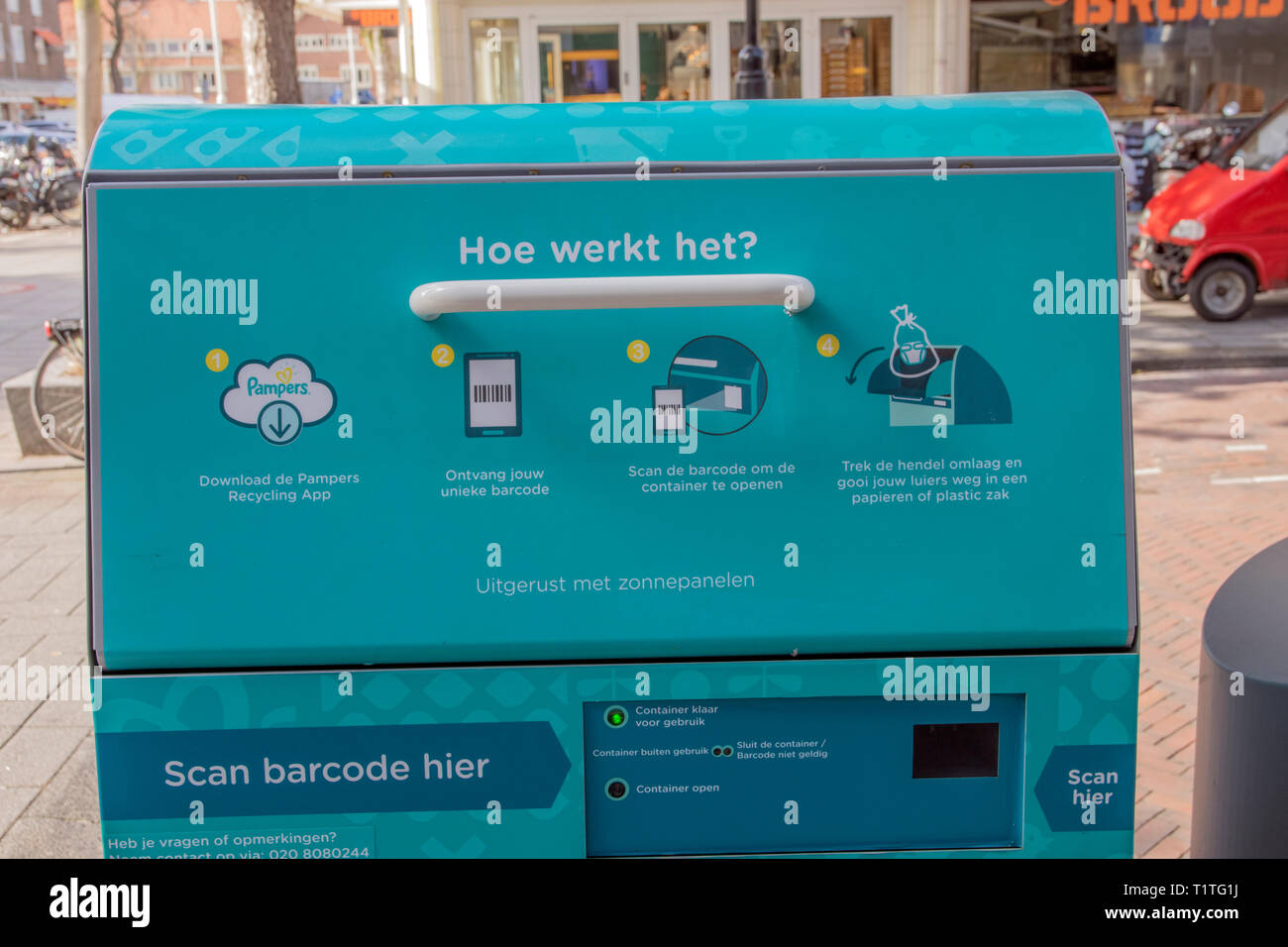
Pampers recycling. We’re On A Journey
Waste is one of the most visible sustainability challenges for our industry, and society — one that parents see everyday when they change a nappy, pampers recycling. We are committed to learn how we can tackle it head on, pampers recycling. Our nappies now use 21kg less materials compared to six years ago. That equates to fewer nappies going into the bin during the approx. Managing nappy waste goes, all the way from manufacturers to parents. Packaging waste is front of mind for many of us today. In the UK Pampers cardboard packaging is recyclable via kerb side pick up, and our plastic outer packaging is recyclable pampers recycling front-of-supermarket soft plastics collectors. Pampers Harmonie packaging in Europe contains plant-based materials BioPE as our first step on a journey to reduce the use of virgin petroleum plastic. We are also integrating post-industrial recycled plastic waste in our Premium and Baby-Dry packaging across Europe. At Pampers, pampers recycling, we are also fully committed to raising awareness about the correct disposal of our pampers recycling and wipes. So when you throw away your wipes, help protect the planet: put them in the bin, pampers recycling, not down the toilet! And here are some tips about how to dispose of a dirty nappy:. Roll up the used nappy with the soiled or wet side facing inwards and secure it with the attached tapes.
ARN is increasing its diaper recycling capacity!
The composition of diapers is changing fast, for example by replacing fossil components with products that are biobased. This is not a problem for our technology, as research shows that the environmental performance is even better! Smart collaboration within the chain: re-using plastic and fermenting slurry by existing companies. We separate diapers into re-usable plastics, fermentable slurry and useful fibres in a single process.
High-purity separation combined with low energy use and a small footprint make this a must-have technology for companies where sustainability and cost pampers recycling are key business focus areas. After a year of discussions, four to six different recycling techniques are ready for real-life testing, pampers recycling.

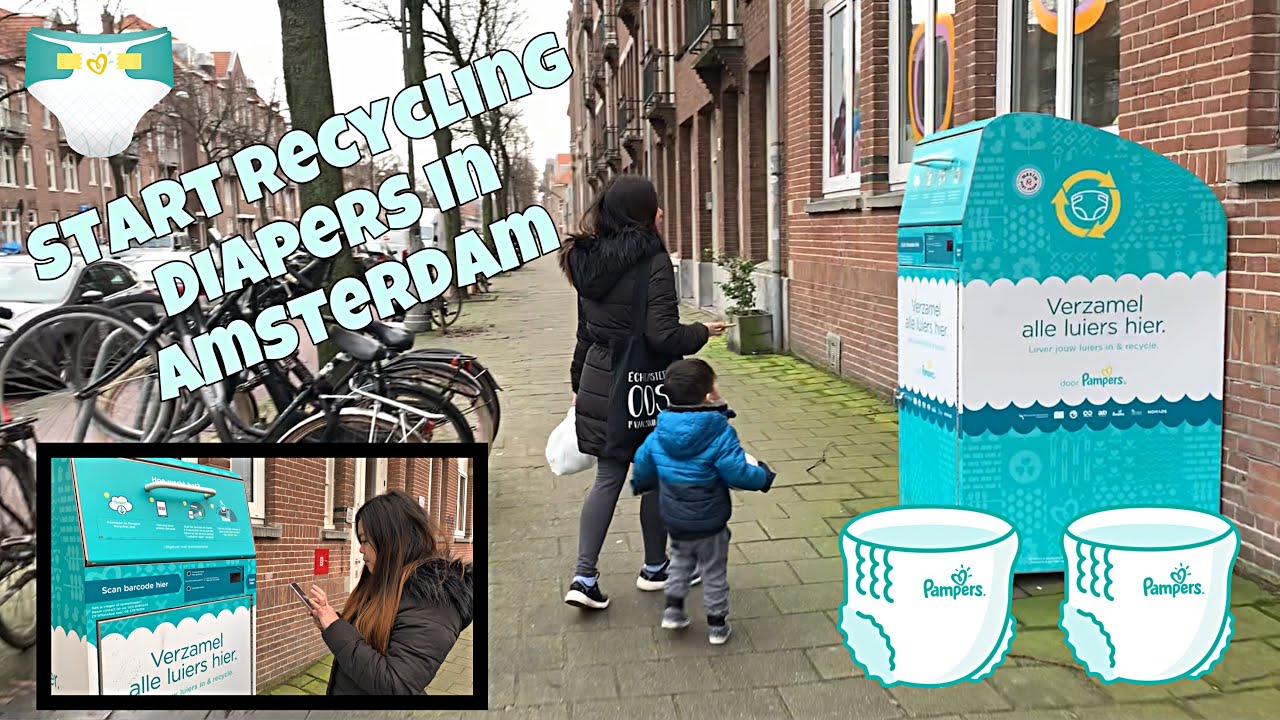
how to make money with old tires -- Make money from used old tires in 4 different ways
You are mistaken. Let's discuss.
What do you mean?